January: Fieldwork Month
January is traditionally known as the leatherworking month or wolf month, but I spent this January involved in the anthropological tradition of fieldwork, by supervising four groups of students carrying out field research on De Veluwe.
In the Netherlands, January traditionally is the louwmaand, or “leatherworking month”, presumably because it is a good time for dealing with the animal hides that have resulted from November, the “slaughter month.” In Britain, the Saxons called January “wolf month,” apparently because the cold weather brought wolves into the villages in search for food. More recently, January has been named “National Mentoring Month” in the US, following a 2002 Harvard Business School initiative and nicely coordinated with the Martin Luther King Jr. holiday on the third Monday of January. At the Institute of Cultural Anthropology in Leiden, our January tradition is to do fieldwork. Or, if we have second-year students, as I do, to supervise them while they are carrying out their fieldwork projects. Thus, I spent the past weeks combining the traditional January activities of fieldwork and mentoring, although I couldn’t find a way to fit in some leatherworking too.
The January fieldwork projects are a required component of the Cultural Anthropology BA at Leiden University. For three weeks, students live with a host family somewhere in the Netherlands and get a chance to practice their research skills: interviewing, participant observation, survey research, audio and/or visual documentation. The preparations for this big endeavor start early in September, when students sign up for one of the theme groups that will provide the context for their own research, which will be carried out in smaller groups. This year, I organized a theme group on “Gender and Religion on De Veluwe: Religious Diversity and Change.” Four groups of 3-4 students designed their own field research addressing one or more aspects of this general theme. I visited them “in the field” over the course of three days in January to see how their research was going.
Within the Netherlands, De Veluwe forms the geographic heart of what is called the Bible Belt, a region running from Zeeland in the south-west to the towns of Staphorst and Zwartsluis in the north-east, where orthodox Protestants form a major part of the population. But the facile image of a place where religious objections against vaccination result in deadly measles outbreaks and where an outside feminist organization had to step in to ensure that women could stand as candidates for the political party SGP is too simplistic.
For one thing, the religious landscape of De Veluwe is more varied than the predominance of Protestant churches might suggest, thanks to the existence of both historically Roman-Catholic communities as well as more recent Muslim, Buddhist, and Evangelical ones. The emergence of Islam in this region as well as in other places in the Netherlands is associated with the immigration of Muslim workers, and later their families, from the 1960s onwards. As the students who did their research at the Turkish mosque in Harderwijk were surprised to find out from the participants, this small town on the North Veluwe has the highest proportion of Turkish inhabitants of any place in the Netherlands.
Marloes de Vin, Melissa Vermeulen, and Sanne de Vries pose for a picture in the “youth room” of the Turkish mosque in Harderwijk. “We did research on the level of influence that daughters, mothers, and fathers have on the life decisions of women by interviewing individuals from each of these categories. Everybody has been really enthusiastic about being part of our research, and we’ve received a lot of help from the mosque’s outreach coordinator. He even arranged for us to have dinner with a different family almost every night!”
At the same time, the growth of Islam shouldn’t be seen as the only or even the most important religious change on De Veluwe, as more subtle changes might be just as, or even more, salient for those involved. Students in Bennekom, who researched the perspectives of elderly men and women on the religious changes and (increasing) religious diversity they experienced in their lifetimes, found that participants emphasized all kinds of changes, such as the recent rapprochement between different denominations of liberal and conservative Protestants as well as Roman-Catholics.
Formally established in 1863 in the USA, the Seventh-Day Adventist (SDA) Church has had a presence in the Netherlands since 1887, with the first congregation on De Veluwe being founded in 1913 (in Harderwijk). SDA members might be best known among the general public for observing the Sabbath on Saturday instead of Sunday. As part of a comparative research project, Anouschka Schaap, Aukje Postma, and Martijn Scharpff did research among the young adult members of this denomination to find out their attitudes towards dating and partner choice. One interesting finding so far: SDA members could find it easier to date a non-believer than a “Sunday Christian” because of the conflicting opinions about the Sabbath, among other things.
The research projects of the other two groups are built around comparisons between people of different, or no, religious backgrounds. One group is investigating how young Seventh-Day Adventists, Muslims, and non-believers think about dating and partner choice.
Mélanie Oostdijk, Kimberley Kluiver, Kent Brandt, and Sophie Simmelink did research among older adults to learn about their perceptions of religious change and diversity. These pictures show them travelling to their research location, interviewing research participants, analyzing data, and hanging out on De Veluwe.
Another group is interested in the factors that play a role in the “coming out” process of LGTB individuals belonging to mainstream and Evangelical Protestant churches and those who describe themselves as non-religious.
Pargol Nader, Suzie Loo, Nelleke Merkens, and Wieke van der Ploeg during their research in Apeldoorn: discussing research strategies; in front of royal palace Het Loo; and in the local gay club, which took the 2013 award for “Best Gay Disco in the Netherlands.” Because they were also interested in the opinions of family members and fellow church members of LGTB individuals, they organized coffee, tea, and cake after Sunday services at a number of different churches. These coffee hours gave them the opportunity to distribute surveys and find candidates for more in-depth interviews.
More than the results—that still promise to be interesting—, it is the research process that counts. Students go through the entire process of formulating a research question, relating their particular interest to the broader anthropological-sociological literature, deciding on appropriate research methods, analyzing data, and writing up their results, and they learn by doing all of this.
If you’re interested in learning more about the January fieldwork projects carried out by Leiden students on De Veluwe and elsewhere, see:
- Leids Universitair weekblad Mare "Gaybarantropologie: Veldwerk tussen dragqueens en strenggelovigen" (Dutch)
- Weblog Sebastiaan Wich "Boeren en Vissers op de Waddeneilanden" (Dutch)
- Weblog Vienna Beenhakker "De meiden van Granada" (Dutch)
- Weblog D. Kinkhouwers "Masculiniteit in de Schilderswijk" (Dutch)
Come to think of it, in addition to leather working, mentoring, and doing fieldwork, (student) blogging about fieldwork makes for an excellent January tradition as well!


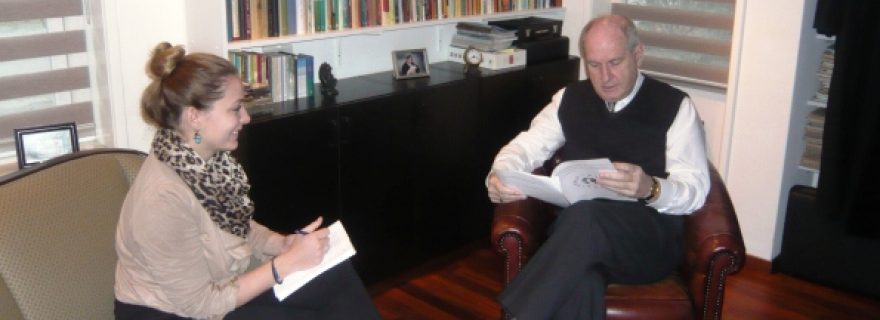
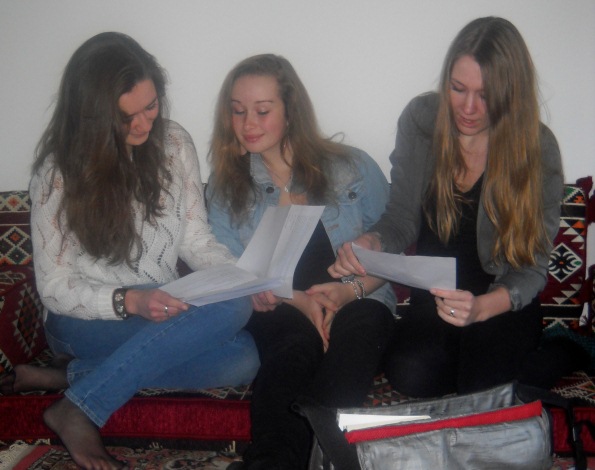
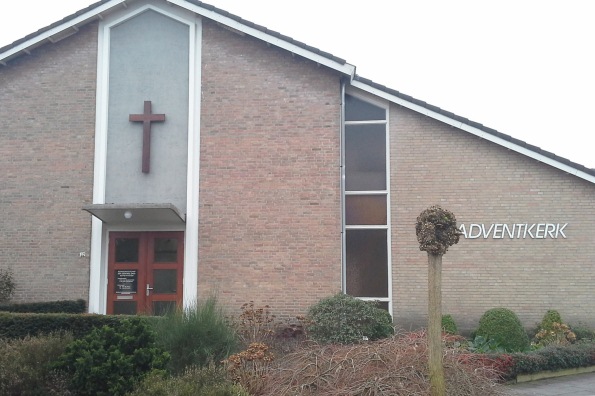
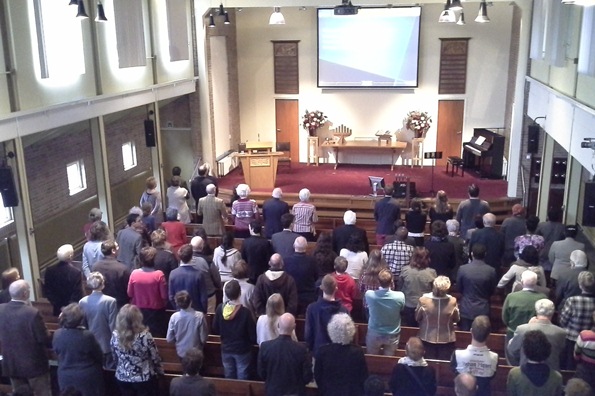
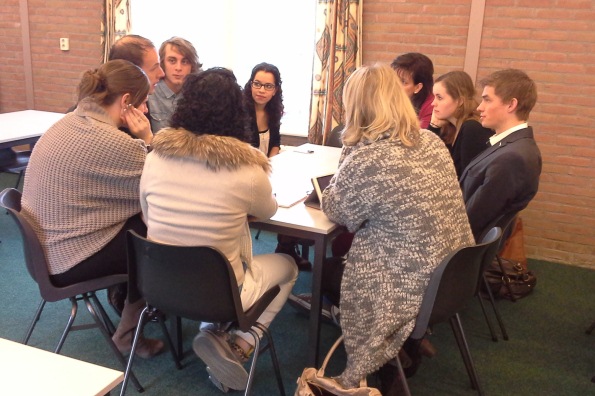
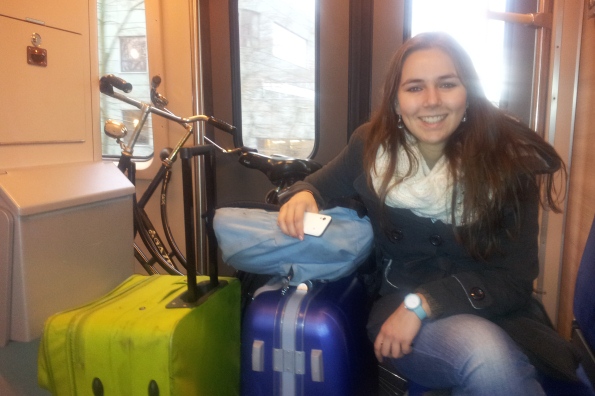
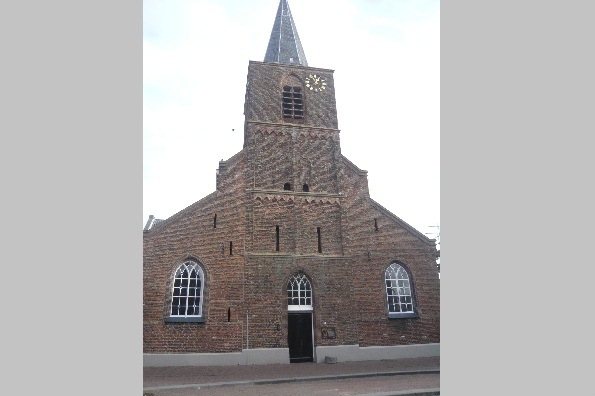
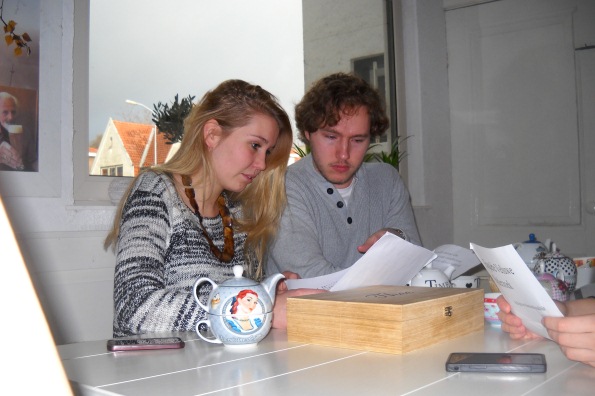
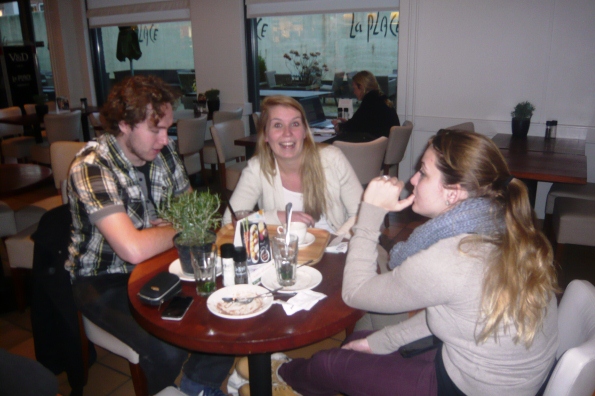
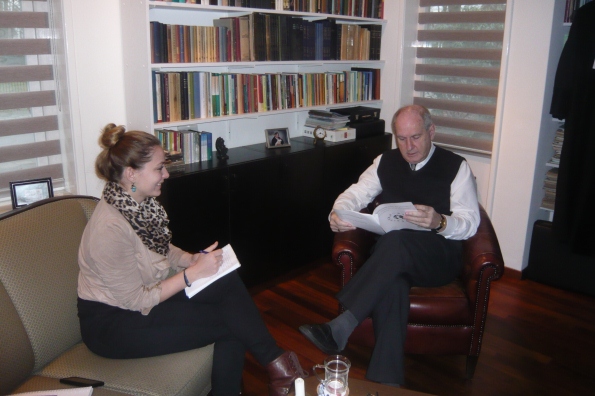
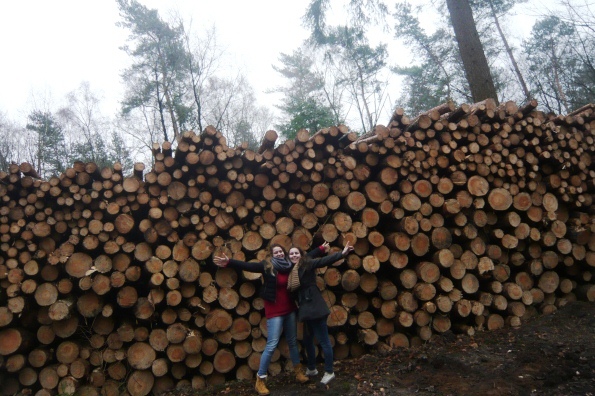
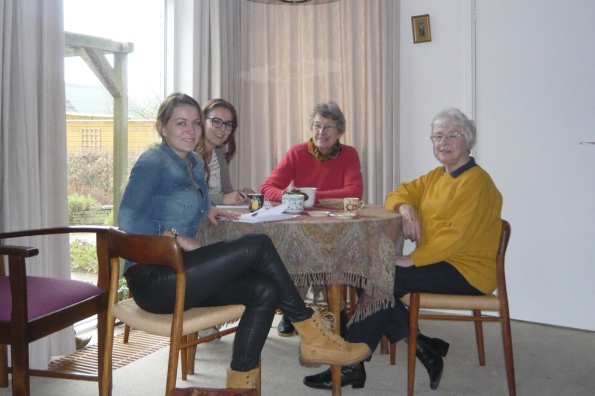
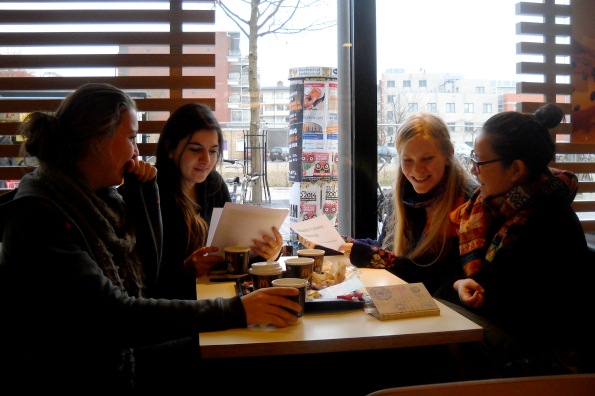
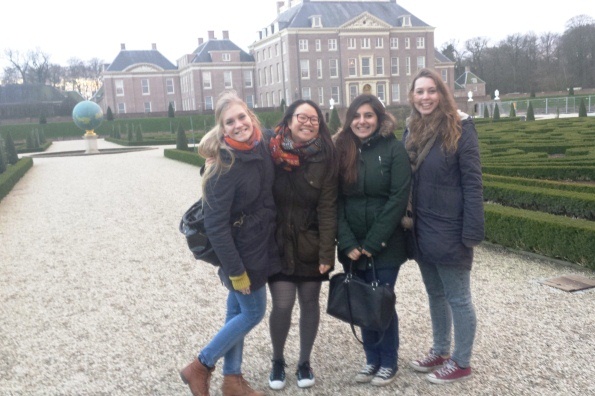
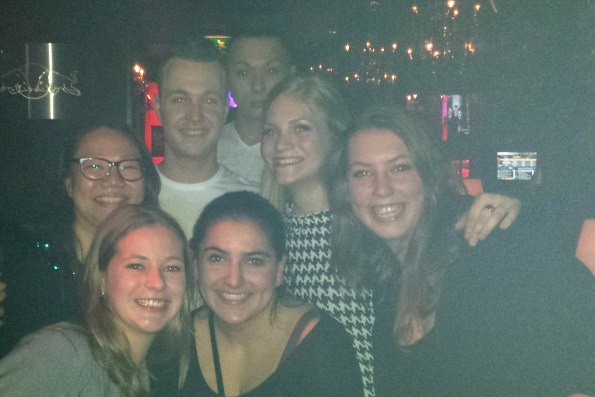
0 Comments
Add a comment